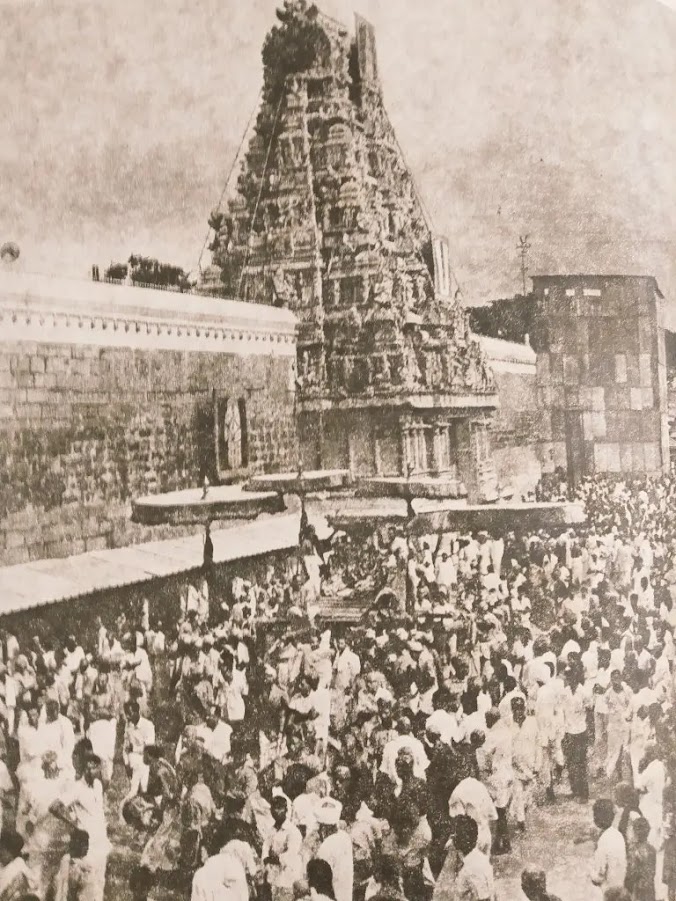Featured
- Get link
- X
- Other Apps
Oldest Functional Temple in India: Mundeshwari Devi temple Bihar
The First Temple in India: Mundeshwari Devi Temple
Discover the rich history of the Mundeshwari Devi Temple, known as the oldest functioning temple in India. Located in the peaceful hills of Bihar, the Mundeshwari Devi Temple was built in the 4th century CE, making it a remarkable example of ancient Indian architecture and spirituality. Dedicated to the goddess Mundeshwari, this sacred place features detailed carvings and inscriptions that offer a glimpse into early Indian religious practices.
India has a rich history full of amazing temples that show its deep spiritual roots. Among these, the Mundeshwari Devi Temple is very special because it is one of the oldest temples that is still in use today.
 |
Architectural Marvel of the Mundeshwari Temple
The Mundeshwari Temple is an impressive example of ancient Indian craftsmanship. Made entirely from stone, it shows the early style of Nagara architecture, which was common in northern India. One unique feature of this temple is its octagonal shape, which is quite rare for temples in India. Even though the temple has faced centuries of weather and wear, it still stands strong today, proving how skilled the builders were.
Religious Significance of the Mundeshwari Temple
People believe that the Mundeshwari Temple has special powers to fulfill the wishes of its devotees. It is a place for tantric practices, and visitors pray for things like strength, prosperity, and protection. The temple is dedicated to Shakti, who is worshipped in the form of a Vishnu Yantra, and Lord Shiva, worshipped as a Shivalinga. These rituals and traditions have continued for hundreds of years, keeping the temple spiritually alive.
How Mundeshwari Survived Through Millennia
One amazing thing about the Mundeshwari Temple is how it has lasted for thousands of years, surviving natural disasters, invasions, and the test of time. Despite these challenges, the temple is still active today. In recent years, the Archaeological Survey of India (ASI) has worked to preserve the temple so that future generations can continue to admire and worship at this historic site.
In 636-38AD Chinese visitor Huen Tsang writes about a shrine on a hilltop flashing light, at about a distance of 200 lee southwest to Patna the location is only of Mundeshwari devi temple
In 1790 Daniel's brothers, Thomas and William visited Mundeshwari devi temple and provided its first portrait. The Archaeological survey of India has restored the temple under instructions from the Union ministry of culture. repair of damage to religious murti (Idol) and cataloging and documentation of scattered fragments of later reuse. other works included installation of solar powered lighting, displays for antiquities and provision of public amenities the Government of Bihar has allocated Rs 2 crore to improve access to the temple
The Role of Temples in Indian Society Today
Even today, temples play an important role in the lives of millions of people in India. They are not just places of worship but also centers for bringing communities together and expressing cultural traditions. Preserving old temples ensures that they remain alive and open for devotees to visit and continue their practices.
Preservation Efforts for India’s Ancient Temples
The Archaeological Survey of India (ASI), along with local organizations and international groups, is working hard to protect India's ancient temples. They carry out repairs, research, and public campaigns to maintain these amazing buildings. Some temples have even been recognized as UNESCO World Heritage sites, which helps bring global attention and support for their preservation.
Conclusion
India’s oldest working temples, like the Mundeshwari Temple, are treasures from the past. They show the rich cultural and religious history of the country. It is important to protect these temples so they can continue to be places for worship, community gatherings, and cultural pride for generations to come.
- Get link
- X
- Other Apps
Comments
Popular Posts
Konark Sun Temple: A Journey Through Time and Architecture
- Get link
- X
- Other Apps


Nice but you should improve your writing skills
ReplyDelete